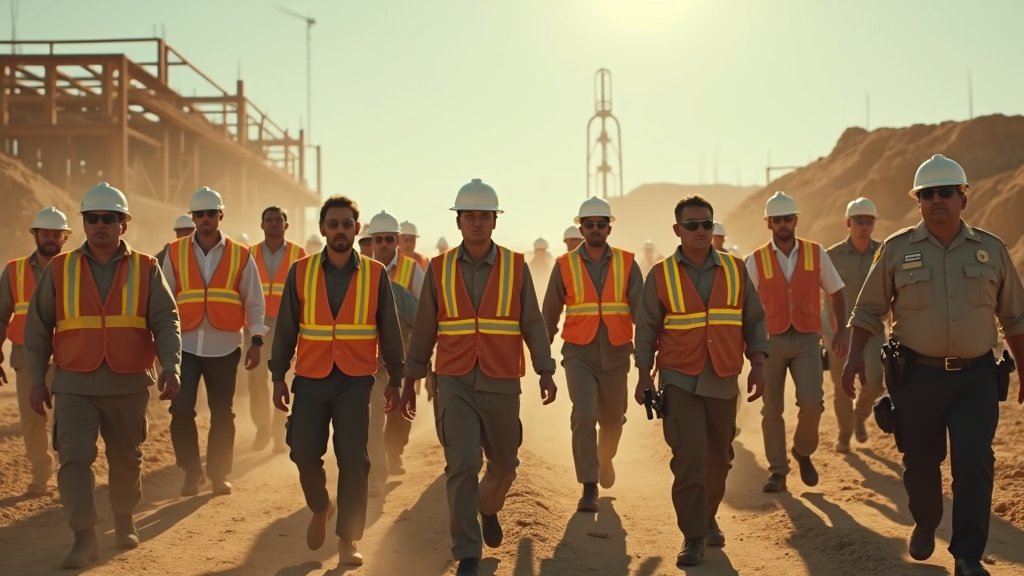The U.S. Department of Health and Human Services (DHHS) has implemented a new policy that will bar undocumented families from accessing Head Start programs. This shift in policy, announced by the Trump administration, is poised to significantly alter the landscape of early childhood education for a vulnerable population. The move rescinds a 1998 interpretation of existing law that had previously extended federal public benefits to undocumented residents.
Policy Shift and Justification
The policy change was officially announced by DHHS Secretary Robert F. Kennedy Jr., who cited concerns over the allocation of federal resources. Kennedy Jr. stated the government’s view that American tax dollars were being diverted to “incentivize illegal immigration.” This justification underscores the administration’s broader immigration policies and its emphasis on stricter enforcement and control. The department’s actions have been framed as a measure to prioritize American citizens’ access to public services.
Expected Impact and Scope
The implications of this policy change are substantial. The DHHS estimates that the change will free up resources, potentially allowing American citizens to receive an additional $374 million annually in Head Start services. However, the immediate impact will be felt by undocumented families, many of whom rely on Head Start for crucial early childhood education and care. In New Jersey alone, the new rule is expected to affect at least 400,000 undocumented residents, highlighting the broad scope of the policy’s reach and its potential disruption of educational access for a significant number of children.
Historical Context and Community Response
Head Start, established 60 years ago as a key component of President Lyndon B. Johnson’s “war on poverty,” has a long history of serving children from low-income families. The program is intended to provide comprehensive early childhood education, health, nutrition, and parent involvement services to these families. The new policy represents one of the most significant challenges Head Start has faced. Peter Rosario, CEO of La Casa de Don Pedro in Newark, expressed strong criticism of the policy, stating that it is a targeted attack on children and “inexcusable.” Rosario’s statement reflects the deep concern felt by community leaders and organizations that advocate for the rights and well-being of children.
Analyzing the Implications
The policy’s implementation is likely to prompt legal challenges and intense debate. Critics will argue that the policy undermines the core mission of Head Start, which is to provide early childhood education to those who need it most, regardless of immigration status. Supporters may assert that the change is necessary to ensure that public resources are used to benefit American citizens. The debate is expected to involve not only legal and political discussions but also ethical considerations. The Trump administration’s decision will reverberate through local communities, with the potential to exacerbate existing social inequalities and affect the educational trajectories of thousands of children.





